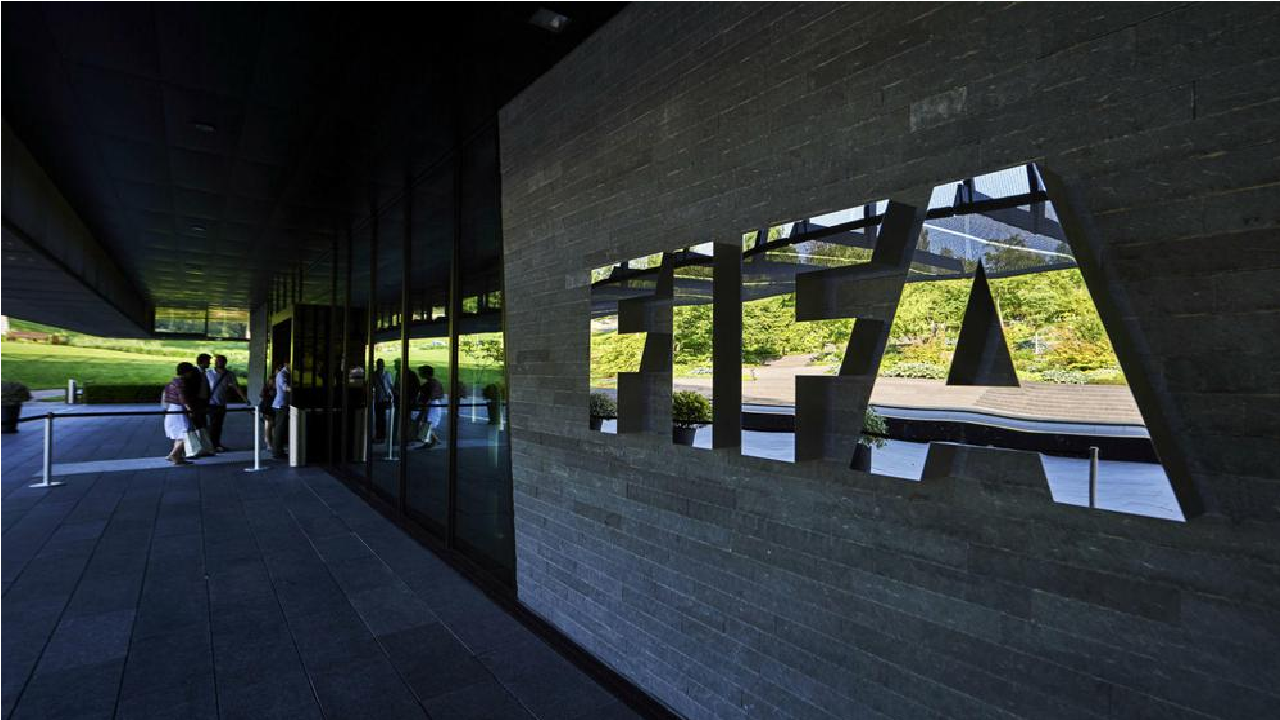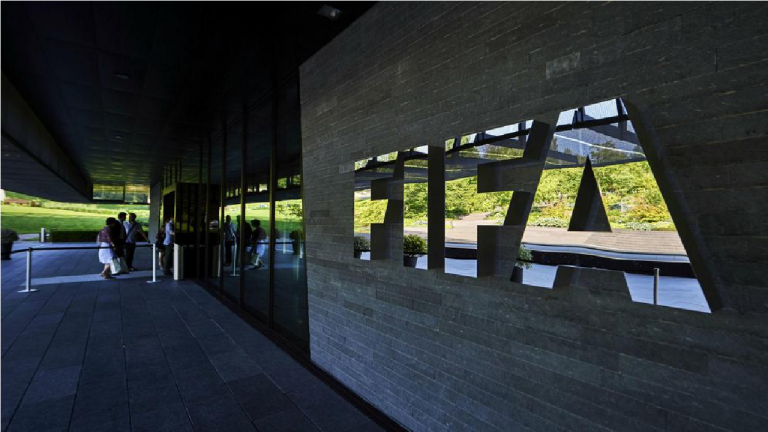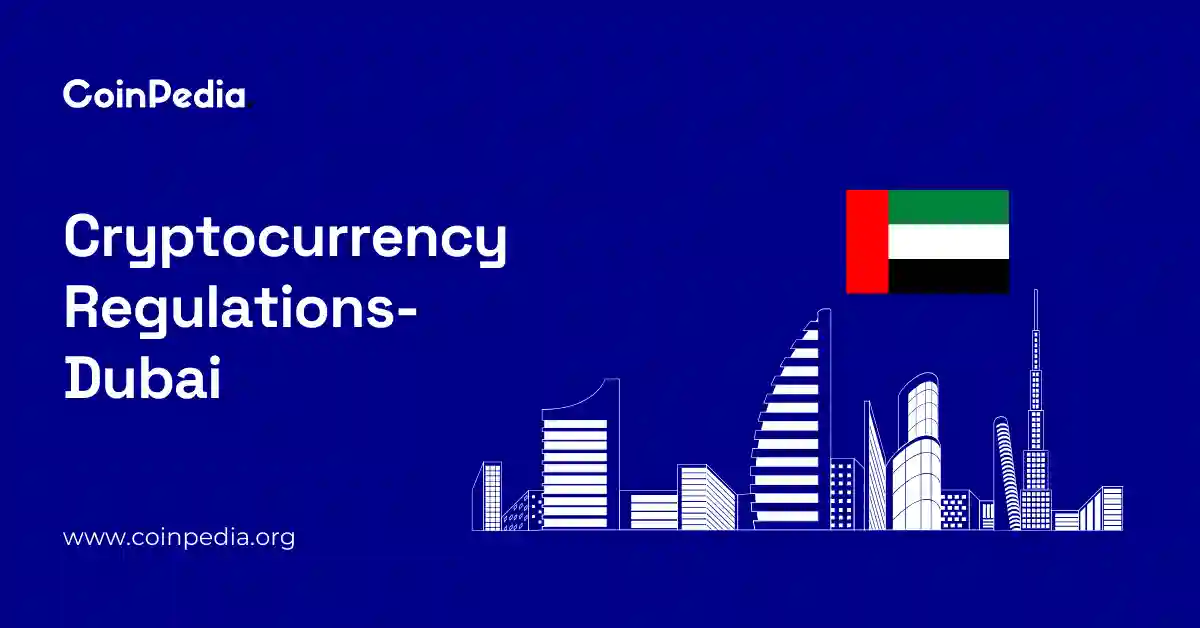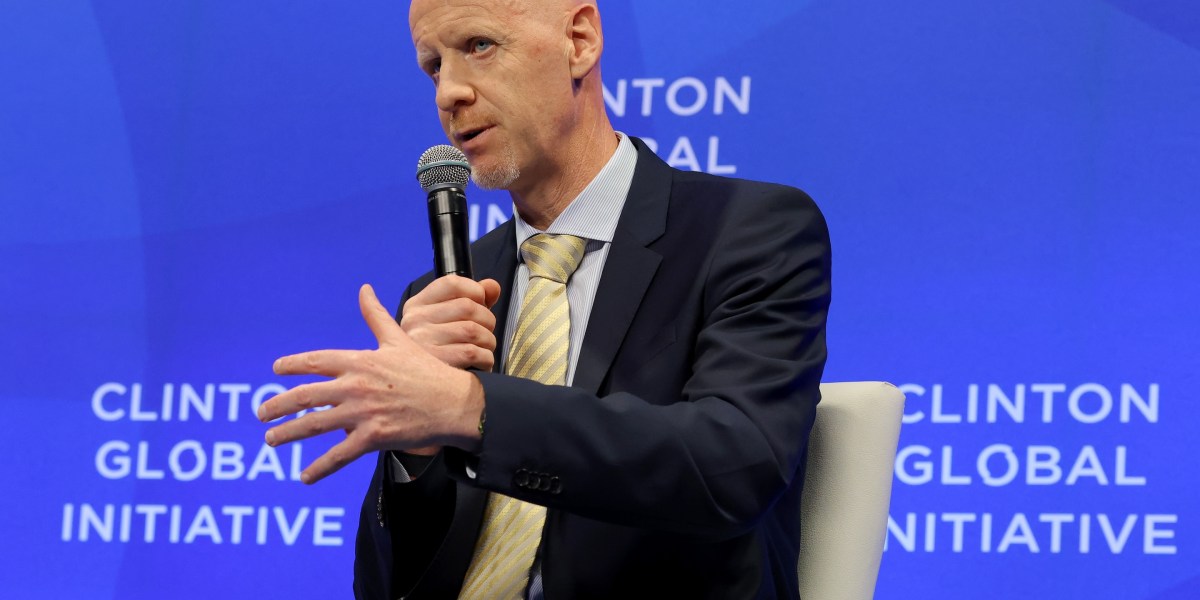Switzerland’s Gambling Supervisory Authority GESPA Files Criminal Complaint Against FIFA Collect


Switzerland’s Gambling Supervisory Authority GESPA, or Geldspielaufsicht, filed a criminal complaint against FIFA over its NFT platform, FIFA Collect. The regulator alleges that certain features of the platform constitute unlicensed gambling services under Swiss law, specifically lotteries and sports betting.
FIFA, headquartered in Zurich, faces potential penalties if prosecutors pursue charges, though the platform remains operational for now. FIFA Collect is a blockchain-based platform launched to offer digital collectibles (NFTs) tied to World Cup moments, allowing users to buy, collect, and trade them.
A key element is the “Right-to-Buy” (RTB) NFTs, which provide holders with priority access to purchase tickets for the 2026 FIFA World Cup hosted across North America. These NFTs are sold for prices starting around $999, with some resold for up to $30,000 based on team performance or rarity.
Register for Tekedia Mini-MBA edition 18 (Sep 15 – Dec 6, 2025): registration continues.
Tekedia AI in Business Masterclass opens registrations.
Join Tekedia Capital Syndicate and co-invest in great global startups.
Register for Tekedia AI Lab: From Technical Design to Deployment.
GESPA initiated a preliminary investigation in early October 2025 after becoming aware of the platform. The probe focused on mechanics involving random draws for prizes or monetary benefits or ticket access in exchange for a “monetary stake”.
Under Switzerland’s Federal Act on Gambling, activities meeting the criteria of chance, stake, and prize require a license—regardless of whether the operator is based abroad, as long as they’re accessible to Swiss users.
Competitions on the platform that reward participants via chance-based selection, such as NFT drops or prize mechanics. The RTB NFTs are seen as akin to betting on tournament outcomes, where value fluctuates based on team advancement.

GESPA confirmed the services are “not licensed in Switzerland and are therefore illegal,” obligating the regulator to report to prosecutors. GESPA Director Manuel Richard emphasized that further details on the complaint are confidential, leaving it to law enforcement to investigate.
The case could disrupt its $11 billion revenue forecast for 2023–2026, where ticketing and digital sales play a major role. It may force enhanced compliance, such as KYC/AML checks, geo-blocks for Swiss users, or redesigned NFT mechanics to avoid “gambling-like” elements. FIFA has not publicly responded yet.
This highlights regulatory scrutiny on NFTs blending collectibles with real-world rewards. Legal experts predict it could set precedents across Europe for classifying chance-based digital assets, affecting blockchain projects in gaming, fan engagement, and tokenization.
Switzerland’s gambling laws are governed primarily by the Federal Act on Gambling (Gambling Act, BGS), enacted in 2019, which regulates both land-based and online gambling activities. Gambling under the BGS includes activities involving a monetary stake, an element of chance, and the possibility of a prize.

This covers lotteries, sports betting, casino games, and certain skill-based games where chance plays a significant role. In the FIFA Collect case, the Swiss Gambling Supervisory Authority (GESPA) views the platform’s “Right-to-Buy” (RTB) NFTs and random-draw mechanics as gambling, as they involve a stake.
All gambling activities accessible to Swiss residents require a license from GESPA, whether the operator is based in Switzerland or abroad. Unlicensed gambling is illegal under Article 130 of the BGS, leading to the criminal complaint against FIFA for operating FIFA Collect without a license.
Only Swiss-based casinos for casino games or lotteries like Swisslos and Loterie Romande for lotteries and sports betting can obtain licenses. Foreign operators are generally excluded unless partnered with a licensed Swiss entity.
The law applies to any gambling service accessible in Switzerland, even if hosted internationally. FIFA, headquartered in Zurich, and its NFT platform accessible at collect.fifa.com fall under this jurisdiction.
Licensed operators must implement measures like Know Your Customer (KYC) checks, age verification 19+ for gambling in Switzerland, and tools to prevent gambling addiction. FIFA’s platform reportedly lacks robust KYC/AML anti-money laundering measures, raising compliance concerns.
Operating unlicensed gambling services accessible in Switzerland is a criminal offense, punishable by fines or imprisonment Article 130, BGS. GESPA’s complaint against FIFA stems from this provision. Advertising unlicensed gambling is also prohibited.
Online gambling is permitted only by licensed Swiss casinos or lottery operators. Foreign websites offering gambling to Swiss users can be blocked by the Swiss Federal Gaming Board (SFGB) or GESPA, and internet service providers may be ordered to restrict access.
Gambling winnings from licensed operators are tax-free for players up to CHF 1 million. Unlicensed platforms don’t benefit from this exemption, and operators face taxes on gross gaming revenue.
NFT drops or prize allocations resemble lotteries due to their chance-based nature. RTB NFTs: These are seen as sports betting, as their value (e.g., ticket access) depends on unpredictable team outcomes.
The platform’s availability to Swiss users without a gambling license violates the BGS. GESPA’s action reflects Switzerland’s strict stance on unregulated gambling-like activities, especially those leveraging new technologies like NFTs.
Switzerland’s laws aim to balance a regulated gambling market with player protection and prevention of illegal activity. The FIFA case highlights how emerging digital assets (NFTs) can fall under gambling regulations if they involve chance, stakes, and rewards.
This could influence how global platforms structure similar offerings to avoid legal risks in Switzerland and beyond. The complaint is now with Swiss prosecutors, who will decide whether to press charges. Updates may emerge as proceedings advance.





